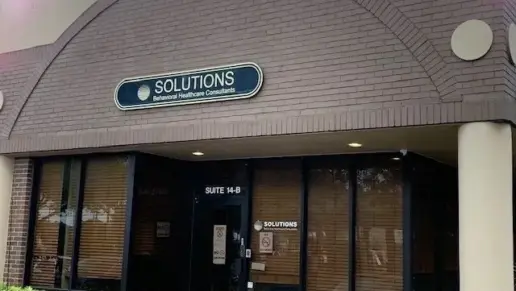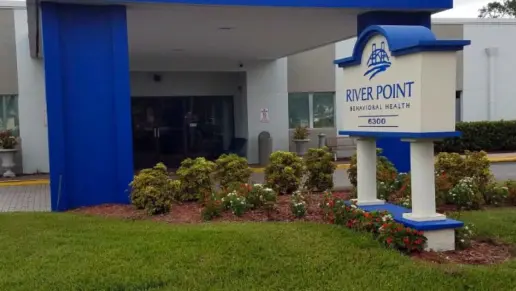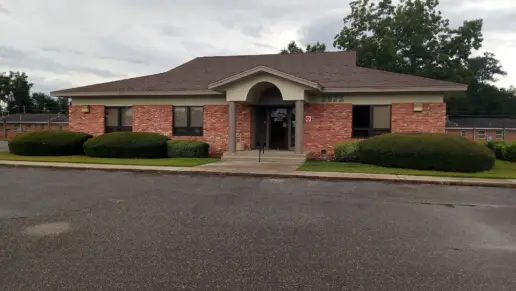My step-son was there while ago unfortunately, he is back drinking just hurting himself and love ones. I really believe it is a good program (right here faith farm) Thanks and may the great lord in heaven keep you blessing abundantly
About Faith Farm Christian Residential Treatment Center
Faith Farm’s Boynton Beach Campus is a men’s residential addiction recovery facility in Boynton Beach, Florida. The facility sits on 90 acres in a suburb that perfectly balances serenity and bustling enterprise. The dorm houses about 140 men. The entire structure encompasses a dining hall and classrooms as well as a church and staff housing. This campus boasts 17 comprehensive work training opportunities. Some of these include information technology, appliance repairs and property/landscape maintenance. So, you have multiple options when it comes to gaining work experience that can benefit you after recovery. This is in addition to 24/7 care in their safe, structured and supportive recovery environment.
Although the program is faith based, you can participate even if you’re not a Christian believer. Their college accredited recovery curriculum blends proven therapeutic practices with Christian based techniques to deliver individualized treatment. They even incorporate 12 Step procedures like Celebrate Recovery. You’ll participate in individual and group therapy. This helps you address the underlying causes of your addiction and develop relevant coping skills for relapse prevention. They emphasize spiritual growth and fostering a deeper connection with God through spiritual counseling. This holistic approach supports physical detox as well as emotional and spiritual healing.
Their educational classes and family counseling are all based on Christian principles. Incorporating faith into every step of the recovery process helps you develop a solid foundation for lasting sobriety. This also promotes a nurturing and effective path to healing and personal growth. Faith Farm’s comprehensive support system equips you with the tools and encouragement necessary to overcome addiction. You’ll gain core practical skills while experiencing profound spiritual growth. This is the recipe for achieving lasting recovery, rebuilding your life and embracing a healthier future.
The program lasts 10 months. Upon completion you may be invited to guide other residents in their recovery journey as a peer advocate. You can also continue with their “Omega Work/School Program,” which lets students seek work or pursue academic careers while still living on campus. Comments from past clients indicate positive experiences and outstanding quality of care.
Facility Overview
Latest Reviews
Rehab Score
Gallery
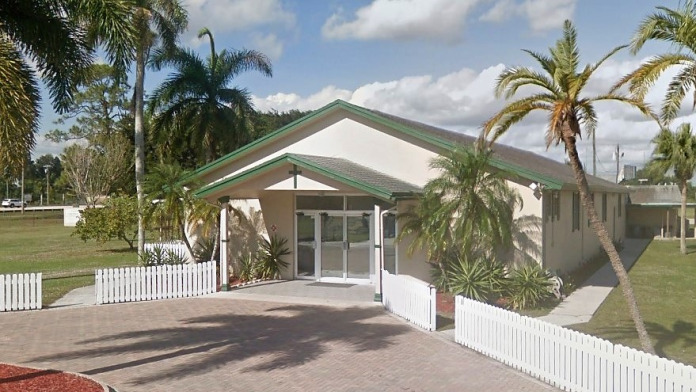
Location
Other Forms of Payment
Financial aid can take many forms. Centers may have grants or scholarships available to clients who meet eligibility requirements. Programs that receive SAMHSA grants may have financial aid available for those who need treatment as well. Grants and scholarships can help you pai for treatment without having to repay.
Addiction Treatments
Levels of Care
Treatments
The goal of treatment for alcoholism is abstinence. Those with poor social support, poor motivation, or psychiatric disorders tend to relapse within a few years of treatment. For these people, success is measured by longer periods of abstinence, reduced use of alcohol, better health, and improved social functioning. Recovery and Maintenance are usually based on 12 step programs and AA meetings.
Drug rehab in Florida provides quality treatment to help individuals overcome dependency related to a wide range of addictive substances. Programs address both the physical and mental aspects of addiction in order to help you make a full recovery.
Opioid rehabs specialize in supporting those recovering from opioid addiction. They treat those suffering from addiction to illegal opioids like heroin, as well as prescription drugs like oxycodone. These centers typically combine both physical as well as mental and emotional support to help stop addiction. Physical support often includes medical detox and subsequent medical support (including medication), and mental support includes in-depth therapy to address the underlying causes of addiction.
Substance rehabs focus on helping individuals recover from substance abuse, including alcohol and drug addiction (both illegal and prescription drugs). They often include the opportunity to engage in both individual as well as group therapy.
Programs


Clinical Services
Cognitive Behavioral Therapy (CBT) is a therapy modality that focuses on the relationship between one's thoughts, feelings, and behaviors. It is used to establish and allow for healthy responses to thoughts and feelings (instead of unhealthy responses, like using drugs or alcohol). CBT has been proven effective for recovering addicts of all kinds, and is used to strengthen a patient's own self-awareness and ability to self-regulate. CBT allows individuals to monitor their own emotional state, become more adept at communicating with others, and manage stress without needing to engage in substance abuse.
Group therapy is any therapeutic work that happens in a group (not one-on-one). There are a number of different group therapy modalities, including support groups, experiential therapy, psycho-education, and more. Group therapy involves treatment as well as processing interaction between group members.
In individual therapy, a patient meets one-on-one with a trained psychologist or counselor. Therapy is a pivotal part of effective substance abuse treatment, as it often covers root causes of addiction, including challenges faced by the patient in their social, family, and work/school life.
Life skills trainings involve all the skills a person must have in order to function successfully in the world. These include time management, career guidance, money management, and effective communication. Truly successful addiction recovery is based on the ability to not only live substance-free, but to thrive. Life skills teaches the practical necessities of functioning in society, which sets clients up for success in life, and therefore sobriety.
During couples therapy in Florida, your therapist will take steps to get to know you, help you identify feelings, explore the past, develop solutions, and help you learn skills to manage relationship challenges. This process will allow you to work through conflict and strengthen your relationship.
During family therapy sessions, you navigate the complexities of addiction and are provided tools to help improve communication and resolve conflicts. When you work together, families can better support their loved one's recovery and restore balance and harmony within the household.
Amenities
-
Residential Setting
-
Private Setting
-
Lakeside
-
Private Transportation
Staff
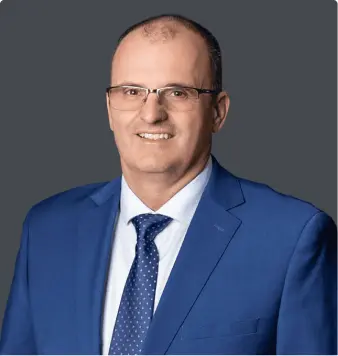
CEO
Contact Information
9538 US Highway 441
Boynton Beach, FL 33472
